The CPD Blog is intended to stimulate dialog among scholars and practitioners from around the world in the public diplomacy sphere. The opinions represented here are the authors' own and do not necessarily reflect CPD's views. For blogger guidelines, click here.
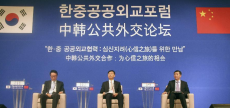
SEOUL --- At a conference here sponsored by the Korea Foundation, several dozen scholars and practitioners grappled with questions related to Korea’s global and regional diplomatic posture. My own suggestions as a conference participant centered on two questions
• How does public diplomacy relate to the strategic interests of Korea as a leader in East Asia and more specifically as a counterweight to Chinese influence?
• In what ways might new media be used to enhance Korea’s development of innovative public diplomacy programs?
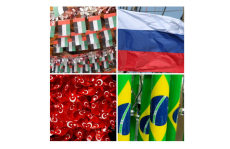
**UPDATE: On November 27, the BIE announced that the United Arab Emirates has been elected as the host country of the World Expo 2020**
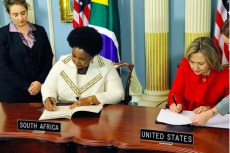
This piece was co-authored by Kathy R. Fitzpatrick.

For all the growing interest in public diplomacy, the field still suffers from a lack of specificity in use of the term. This isn’t necessarily a problem, but it is a source of confusion. A look at the CPD blog demonstrates the wonderful breadth of issues that fall under the rubric of public diplomacy. A survey of peer-reviewed literature from the last five decades yields more than 600 articles employing the term – each with its own understanding of public diplomacy.
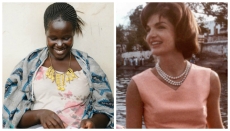
Appearance is powerful and fashion cannot be ignored in international relations and public diplomacy, as it is a tool of communication.
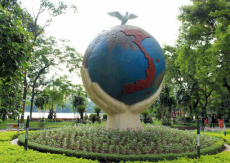
Often, those of us who study public diplomacy forget about the hard work put forth daily by thousands of U.S. volunteers working as citizen diplomats.
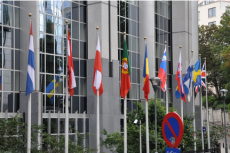
This piece was co-authored by Jan Melissen.
BRUSSELS - European Commission President José Manuel Barroso was right. Had the European Union instead of the United States fallen into partial government shutdown, the world would not have hesitated to use this as an opportunity to berate Europe and its influence as a global leader.
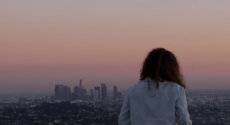
APDS Blogger: Gabriel Bernadett-Shapiro
Pages
Visit CPD's Online Library
Explore CPD's vast online database featuring the latest books, articles, speeches and information on international organizations dedicated to public diplomacy.
POPULAR ARTICLES
Featured Blogger
Join the Conversation
Interested in contributing to the CPD Blog? We welcome your posts. Read our guidelines and find out how you can submit blogs and photo essays >.








